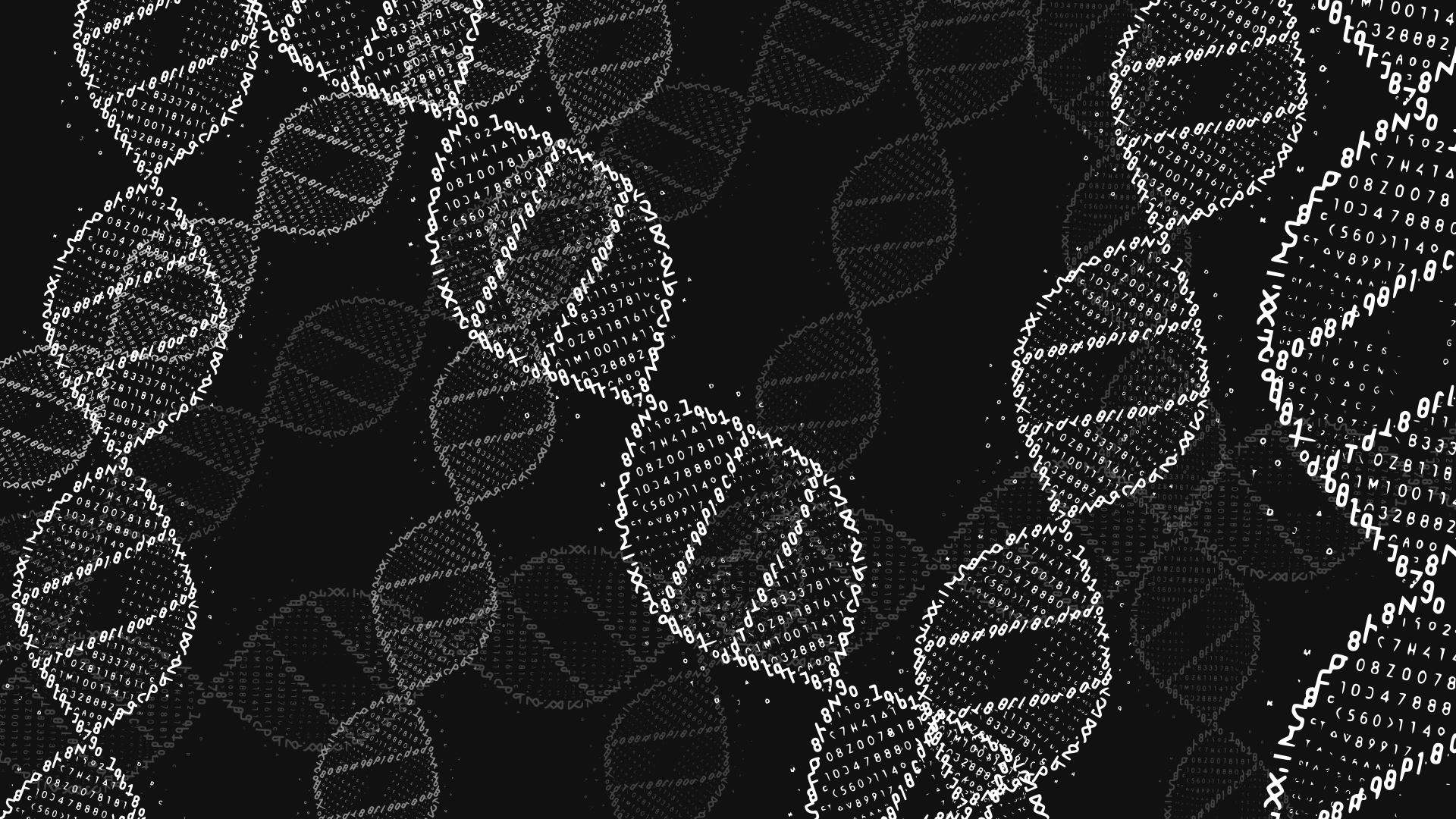Our specialized bioinformatics services support each stage of your research
DNA-Seq Analysis
Raw Data Processing
Converts raw sequencing signals into readable nucleotide sequences through base calling, adapter trimming, and quality filtering to remove low-quality reads and artifacts.
Quality Control (QC)
Evaluates sequencing data quality by checking read length distribution, GC content, and detecting sequencing biases to ensure data reliability.
Genome Assembly
Constructs a complete genome sequence either de novo (without a reference) or using a reference genome for alignment-based assembly.
Variant Calling & Annotation
Detects genetic variations such as SNPs, CNVs, insertions, and deletions, then annotates their biological significance using reference databases.
Differential Gene Expression (DEG)
Identifies genes with statistically significant expression changes between experimental conditions, helping to uncover regulatory mechanisms.
Transcriptome Assembly
Reconstructs full-length transcript sequences from short RNA-Seq reads, allowing the identification of novel transcripts and alternative splicing events.
Pathway Analysis
Reconstructs pathway related to significant expression
RNA-Seq Analysis
Taxonomic Profiling
Determines the composition of microbial communities in environmental samples by classifying sequences into known taxonomic groups.
Functional Annotation
Predicts the functional roles of microbial communities by mapping sequences to known biological pathways and gene families.
Metagenomics
Phylogenetics & Evolutionary Analysis
Multiple Sequence Alignment
Aligns nucleotide or protein sequences to identify conserved regions, evolutionary relationships, and sequence variations.
Phylogenetic Tree Construction
Constructs evolutionary trees to infer species relationships using maximum likelihood and Bayesian inference methods.
Molecular Evolution Analysis
Detects evolutionary pressures acting on genes and proteins, including selection pressure analysis and divergence estimation.
Comparative Genomics
Analyses genome similarities and differences between species to study evolutionary trends and functional conservation.
Proteomics & Structural Bioinformatics
Protein Structure Prediction
Predicts 3D structures of proteins from amino acid sequences using AI-based modeling and homology-based approaches.
Molecular Docking
Simulates interactions between proteins and ligands to predict binding affinities, aiding drug discovery and biomolecular research.
Custom Bioinformatics
Pipeline Development
Designs and optimizes automated workflows for large-scale data analysis, ensuring reproducibility and efficiency.
Data Visualization
Creates high-quality, publication-ready graphs and interactive plots to communicate biological insights effectively.
Consultation & Training
Provides expert guidance, hands-on training, and project-specific recommendations to help researchers improve their bioinformatics analyses.

Others
Consultation
Personalized guidance from experienced bioinformatics experts to address project-specific challenges, optimize analysis strategies, and provide actionable recommendations for research or industry applications.
Workshop
Interactive, topic-focused sessions designed to build specific bioinformatics skills through guided exercises, group discussions, and collaborative problem-solving using real datasets.
Hands-On Approach
Practical sessions using real-world datasets to apply analysis techniques directly, ensuring participants gain actionable skills and confidence in handling actual bioinformatics projects.

(+62) 815-1304-5845
© 2025. All rights reserved.
Reach us
Got any questions?
Yogyakarta, Indonesia
